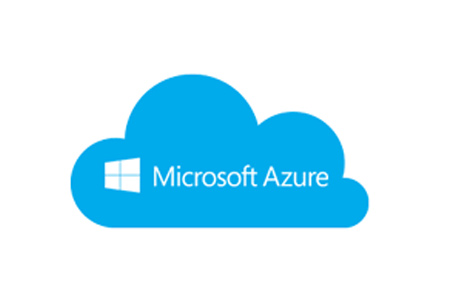THANK YOU FOR SUBSCRIBING
Introducing Azure Stream Analytics: Cause And Effects
Azure stream analytics (ASA) on the internet of things (IoT) edge caters an easy way to analyze data in real-time, without dumping the familiar programming languages.

By
Apac CIOOutlook | Wednesday, April 10, 2019
Stay ahead of the industry with exclusive feature stories on the top companies, expert insights and the latest news delivered straight to your inbox. Subscribe today.
Azure stream analytics (ASA) on the internet of things (IoT) edge caters an easy way to analyze data in real-time, without dumping the familiar programming languages and the cloud management portal. ASA helps developers to deploy analytical intelligence closer to IoT devices, thus providing the overall value of data generated by the device. ASA empowers developers to produce hybrid infrastructures for stream processing, where site-specific or device-specific analytics runs containers on IoT edge and runs large scale cross-device analytics in the cloud.
ASA on IoT edge complements the cloud offering by realizing the power and ease of accessibility for new scenarios. Data privacy is maintained with the application of ASA on IoT edge. It aggregates data from different sources, devices, or users and then removes any personal information before uploading the data to the cloud. Limited bandwidth, the sheer amount of data compiled by IoT equipment is so large that it has to be pre-processed or filtered before being uploaded to the cloud. ASA on IoT edge plays a significant role here by collecting and eliminating unnecessary data and only sending relevant anomalies or changes when detected, regulates the flow of information.
Low-latency command and control improved with ASA on IoT: Safety systems in manufacturing need to be able to respond to functioning data with little to no latency. Analyzing sensor data in real-time to issue commands to stop a machine or give alerts when an anomaly is detected is covered by ASA on IoT. Limited connectivity to the cloud can cause problems to mission-critical systems like connected vessels, mining equipment, or offshore drilling, and so, they need to analyze and react to the data imminently. With ASA on IoT, logical streaming can run independently of a network’s connectivity, and the data to be sent to the cloud is chosen.
Enhancements have been made to support production workload with the availability of ASA on IoT. It can reboot without cloud connectivity. Improvements were made to logging. Further enhancements in monitoring were accomplished. It is now possible to update reference data without the container being restarted. It introduced multiple options that were previously unavailable to cloud jobs, making it easier to move work between IoT edge and the cloud.
Azure time series now allows the customers to store and analyze data more effectively. It also stores IoT data in layers, and tap into analytic tools and machine learning for insights.





